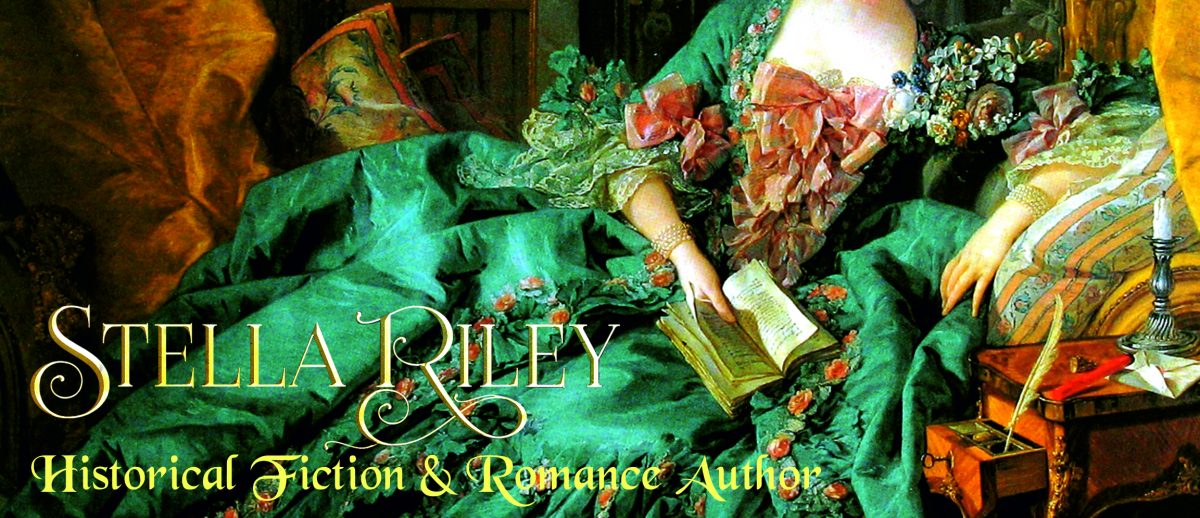LUCY WALTER
1630 – 1658
Lucy was born in Roch Castle near Haverfordwest in Wales, the daughter of middle-class gentry. Her family supported Charles 1 and, as a consequence, Roch Castle was burned by Parliamentary forces in 1644. Lucy lived in London for a time before travelling to The Hague where, in the summer of 1648, she caught the eye of the young Prince of Wales. She may have been Charles’s first real mistress but he was certainly not her first lover. An earlier affair had taken place with Colonel Robert Sidney – whose brother, Algernon, had paid fifty gold pieces for Lucy’s favours but been forced to rejoin his regiment before he could claim them. This seems to say everything we need to know about Lucy’s morals.
In April 1649, Lucy bore a son, James. Charles acknowledged paternity and later created the boy, Duke of Monmouth. Then, in June of the following year, Charles sailed to Scotland where he was crowned in January 1651 and led the ill-fated Worcester campaign in an attempt to regain his throne. While he was away, Lucy had an affair with Viscount Taafe and produced a daughter, Mary.
On his return to Paris from Worcester in the autumn of 1651, Charles officially ended his liaison with Lucy with a gift of pearls – though it’s hard to say how he afforded them. Lucy then set about trying to get his attention by involving herself in a series of embarrassing scandals that rocked and dismayed the English court-in-exile. Charles wanted to remove young James from her influence – even attempting to kidnap the child – but to no avail. In 1656, Lucy took both children to London where she was arrested as a spy and incarcerated in the Tower of London for a couple of weeks before being released and deported to the Low Countries.
She died in in Paris in 1658 – probably of venereal disease.
Lucy’s importance to history is solely through her son, James. When, in the mid to late 1670’s, it became clear that Charles ll would never have a legitimate son and that his successor would therefore be his Catholic younger brother, the Country Party in England devised something they called the Exclusion Bill. Its purpose was to exclude the Duke of York from the succession and replace him with Lucy’s son, the Protestant Duke of Monmouth. This meant it would be extremely convenient if Monmouth could be proved (or at least seen to be) legitimate. And since Charles stubbornly refused to budge on the issue, many people chose to believe that he and Lucy Walter had been secretly married … and that their marriage-lines reposed in a mysterious Black Box belonging to the bishop who’d heard Lucy’s final confession.
It is certainly true that, when Charles first terminated their affair, Lucy went around calling herself his wife. But is it really likely that, either during the last months of his father’s life or in the first months of his own kingship, Charles would have done anything so rash and stupid? I think not.
You can meet Lucy in The King’s Falcon, due for release soon.

